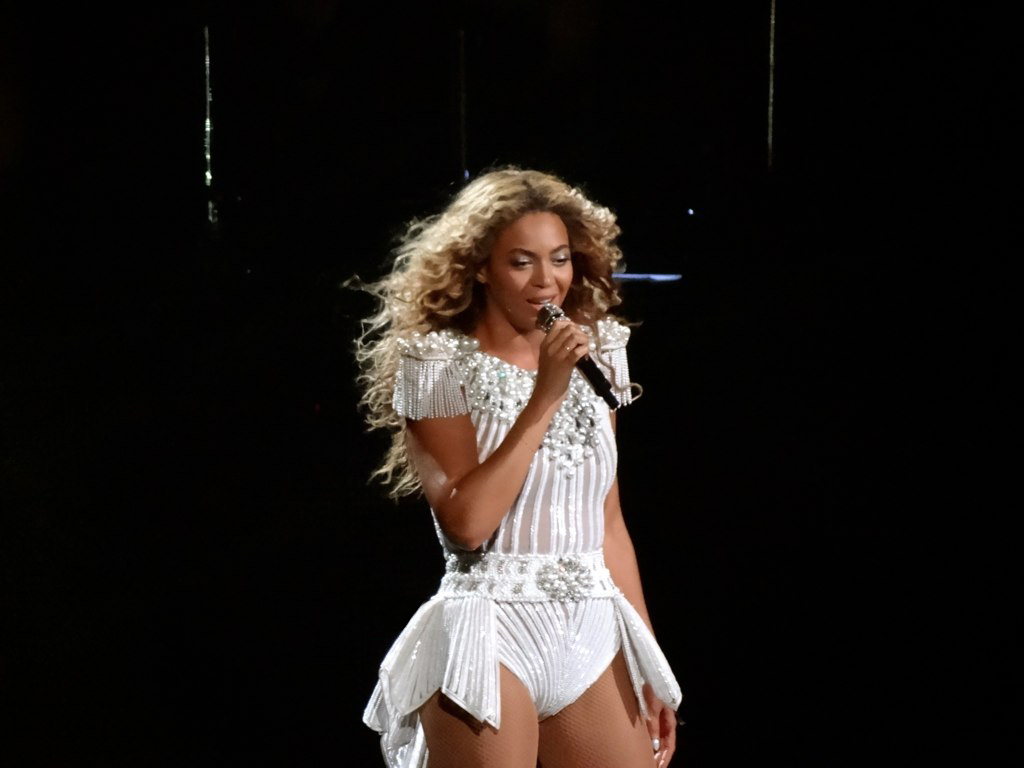A heavenly goddess. A temperamental star. And now, anyone you like. The term “diva”, derived from the Latin for goddess, became, towards the end of the 19th century, the label given to acclaimed female opera singers, recognising and celebrating their God-given talents and powerful voices. It was a term of admiration and respect, reserved for a tiny number of adored stars.
However, in the 20th century there was a shift in the word’s connotations. The rise of cinema saw an increasing number of women starring in major screen roles while the development of marketing meant that models became household names. With more and more high-powered women in the public eye, their personalities began to be scrutinised more intensely than those of their male counterparts. Those deemed too assertive, capricious, or hard to please were dismissed as “divas”, a warning to anyone considering working with them or aspiring to meet them.
Popular music too produced superstars of a whole new kind, many of whom have also been labelled divas. At points, the narcissistic behaviour of some stars is undeniable: Mariah Carey’s husband Nick Cannon revealed that Carey played a recording of her hit song “Fantasy” as she gave birth to twins, so that they would come out “not just to a Mariah Carey song” but “to a round of applause”. Yet what frustrates many women is that there is no equivalent term for men in showbiz who are demanding, self-obsessed, and difficult to work with.
It is for this reason that female celebrities, especially in music, set out to reclaim the term. Carey herself embraces the label, saying on Meghan Markle’s podcast that if someone calls her a diva, “[f]or me, they mean you’re a successful woman […] but also, […] a bitch.” Beyoncé, on her 2008 album I am… Sasha Fierce, proclaims in the song “Diva” that a “diva is a female version of a hustla”. By the 2010s, the term was generally received positively by those it referred to. Yet its previous negative connotations remained. Dolly Parton once told a reporter that, “I’m a working girl. I don’t make people bend over backwards, and I don’t like that in people. I’m definitely no diva.” Reclaiming such a term comes with difficulties: does transforming the word into a compliment excuse the rude, out-of-touch behaviour which can come with stardom? Or does it simply level the playing field with male stars, whose antisocial and entitled attitudes are not labelled in this way?
Regardless of the complexities of the term’s usage, its definition has shifted once more. No longer restricted to a few superstars, it has entered the common parlance of Gen Z. The word is often used in undergraduate social spaces to refer affectionately to a friend, or even a total stranger. The phrase ‘Who is this diva?’, originating from a tweet by @abjortia in May 2023, has spread across internet communities since, and users online often caption photos of people or even objects with “this diva”. According to a survey by YouGov, over 62% of women identify positively with the term “diva”, and “#diva” has racked up 1.9 million videos on TikTok. It’s primarily used by women and the LGBTQ+ community, and, like terms such as “queen” and “slay”, it gained immense popularity within the drag community.
“Diva”, then, has progressed from the sublime to the everyday; from accolade, to insult, to term of endearment. And while it may not have been the reason for the word’s resurgence in modern parlance, it’s nonetheless nice to think that saying “Hey, diva!” to your friend when they walk into a room carries the significance not just of pop icons like Beyoncé and Whitney Houston, but also the goddess-like power of a star soprano.


